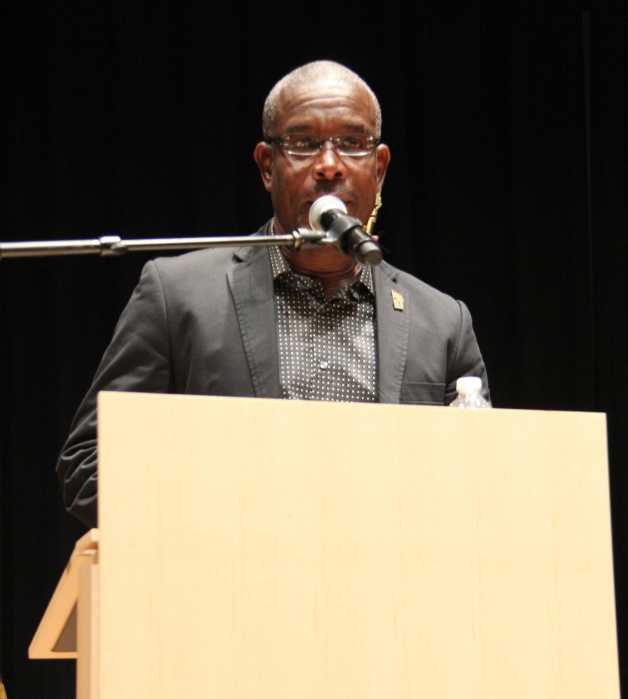The United States Customs and Border Protection (CBP) agency says it has asked the federal government for US$5.8 million to implement the controversial unmanned drone program in the Caribbean.
The CBP, which is housed under the Department of Homeland Security (DHS), said it hopes that the drones will be able to spot semi-submersible submarines and nighttime fast boat trips used by drug traffickers to transport cocaine and other drugs from Central America to Puerto Rico, the Dominican Republic and other Caribbean islands.
The CBP’s request comes as DHS Secretary Janet Napolitano, along with other high ranking U.S. officials, travelled to Puerto Rico and the Dominican Republic to discuss combating drug trafficking with local officials.
“DHS is partnering with Caribbean nations to enhance border security in the region through the Caribbean Basin Security Initiative (CBSI),” said the DHS in a statement.
“DHS is conducting border security training in conjunction with CBSI to increase partner nation capacity to secure their borders,” it added.
After quietly testing the program in the Bahamas for the last 18 months, the DHS said it plans to start unmanned surveillance flights into the Caribbean and the Gulf of Mexico in a move that would more than double miles now covered by the department’s fleet of nine surveillance drones.
Prior technologies in the area have failed to meet the surveillance requirements, officials said.
“U.S. Customs and Border Protection constantly monitors activity and trends of Transnational Criminal Organizations and works closely with other federal, state, local, tribal and international partners to combat smuggling in the source and transit zones,” the CBP said.
“This is an example of a bi-national, multi-agency, law-enforcement approach to address drug smuggling in the Caribbean,” it added.
U.S. officials said while they have apprehended five semi-submersibles in the region, it is only a small number of those they believe travel through Caribbean waters.
“There is a lot more going on in the deep Caribbean, and we would like to know more,” said the CBP, disclosing that the drones may be temporarily based out of Puerto Rico, where there has been a record rise in crime recently, or the Dominican Republic.
The CBP aid drones will also be launched out of a new control station in Corpus Christi, Texas, to patrol the Gulf of Mexico and Cocoa Beach, Florida, for operations in the Caribbean.
Officials said the unmanned aircraft in the Caribbean will not be equipped with weapons, but will be able to spot drug traffickers and then report back to a command center, which will alert the Coast Guard, Navy or authorities from Caribbean or Central American nations to adopt action.

























